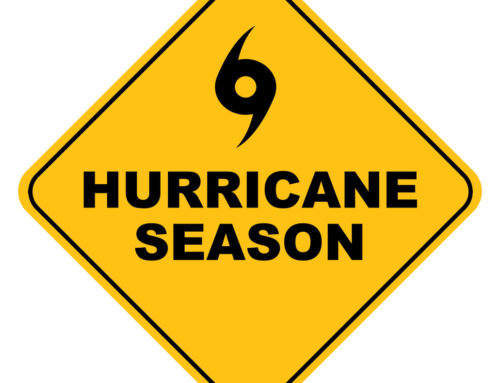As many of you know, October is breast cancer awareness month. And while strides are being made every day in research, detection, and treatment, there are still too many women and men that die from the disease every year. In fact, breast cancer is the second leading cause of cancer death among women in the United States and the first leading cause of cancer death among women globally. So, FirstLantic has put together a short quiz on the facts and the fiction about breast cancer. Take the quiz and test your knowledge and ensure that you have the most up to date information. Please feel free to share – it could save someone’s life.
Answers can be found at the end of the quiz:
1. Fact or Fiction: Breast cancer can only happen to middle-aged and older women.
2. Fact or Fiction: Once you finish treatment, you may still have lingering side-effects.
3. Fact or Fiction: Men can’t get breast cancer
4. Fact or Fiction: If you don’t have a family history of breast cancer, you won’t get it.
5. Fact or Fiction: If I maintain a healthy lifestyle, normal weight, and limit my drinking, I am highly unlikely to get breast cancer.
6. Fact or Fiction: If you had early-stage cancer and are cancer-free for five years after treatment, you don’t have to worry about it reoccurring.
7. Fact or Fiction: Different types of breast cancer require different types of treatment.
8. Fact or Fiction: Black women die more often from breast cancer than white women.
9. Fact or Fiction: Wearing a bra every day reduces your chances of breast cancer.
10. Fact or Fiction: Annual mammograms guarantee that breast cancer will be found early.
Answers:
1. Fiction: While it is true that women are more likely to test positive after a certain age, younger women and men also get breast cancer. Women with a strong family history of breast cancer, especially cancers diagnosed in relatives before age 40, may wish to start screenings sooner.
2. Fact: Breast cancer can have a long-term impact on people’s lives and well-being.
After treatment, targeted therapies such as Herceptin (chemical name: trastuzumab) may be prescribed for a year or more. Hormonal therapies, such as tamoxifen and aromatase inhibitors, are often prescribed for up to 10 years. People can experience long-term side effects such as pain and tightness, fatigue, skin changes, menopausal symptoms, and others, depending on the treatment regimen.
3. Fiction: Although breast cancer is rare in men, it does happen. In fact, each year there are about 2,670 men who will be diagnosed with breast cancer in the U.S., and about 500 will die from the disease.
4. Fiction: Most people diagnosed with breast cancer have no known family history.
In fact, only about 5–10% of breast cancers are believed to be hereditary, meaning they’re caused by abnormal changes (or mutations) in certain genes passed from parent to child.
5. Fiction: Although smart lifestyle choices can certainly help lower your risk, unfortunately, there is no guarantee that you won’t ever get breast cancer. However, you should still try to manage the risk factors, but it’s important to get regular screenings and pay attention to any unusual changes in your breasts.
6. Fiction: While it’s true that the risk of a recurrence is greatest in the first 2 to 5 years, later recurrences can and do happen. Even at 20 years after diagnosis, people with stage I, low-risk hormone-receptor-positive breast cancer have a 15–20% chance of recurrence.
7. Fact: Treatment plans vary widely depending on the characteristics of cancer and patient preferences. Five people with breast cancer can have five different treatment plans because each person’s plan is affected by factors such as the size, stage, and grade of cancer, as well as the location (ducts vs. lobules) as well as many other factors. To learn more about treatment options, go here.
8. Fact: While the rates of occurrence are similar in white and black women, black women die at a 40% higher rate than white women. Some attribute this to the type of cancer that black women get more frequently which is triple-negative breast cancer, a kind of breast cancer that often is aggressive and comes back after treatment
9. Fiction: There is no evidence that shows bras can prevent or can cause breast cancer.
There have been theories that wearing a bra could actually increase your odds of getting cancer but there is no evidence to support this. In fact, a 2014 study of roughly 1,500 women with breast cancer found no link between bra-wearing and breast cancer.
10. Fiction: Although mammography is the best early-detection tool we have, it doesn’t always find breast cancer at an early stage. It’s estimated that mammograms miss about 20% of breast cancers at the time of screening. So while mammography does catch most breast cancers, it’s also important to pay attention to any changes in your breasts and have a physical examination of your breasts by a health professional every year.
 AVAILABLE 24 HOURS A DAY/7 DAYS A WEEK
AVAILABLE 24 HOURS A DAY/7 DAYS A WEEK Careers
Careers







